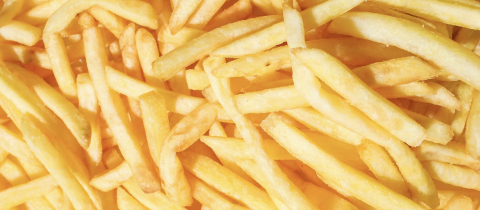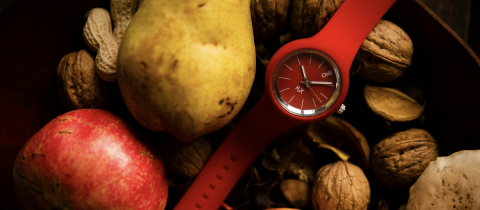It is unbelievable what people will believe. Especially when it comes to weight loss. No matter how many “magic” pills have come and gone, hope reigns eternal that the next one that comes around will deliver the miracle of melting away the fat without paying attention to calories or energy expenditure. The latest “wonder,” marketed by Healthy Products for Life is yet another “breakthrough” that, at least according to a giant newspaper ad, shows such “staggering weight loss” that it has“stunned doctors.” “You can eat the foods you love and crave and actually watch your weight plummet,” claims the ad. There is even a generic picture of an unnamed doctor, not exactly looking stunned, and a recommendation “not to lose weight too quickly.” Furthermore, we learn that the pill is not intended for people who only need to lose five to ten pounds. A clever way to hype the supposed power of this dietary supplement.
There’s also repeated reference to scientific proof without documenting any actual reference. But the ad does provide a clue about the nature of this miracle. The “secret ingredient” is actually named. So it isn’t really so secret. And neither is it anything novel. It is Konjac root. Numerous other weight loss pills are based on this ingredient, and there is nothing magical about it. The root of the konjac plant has long been used in Japan to formulate low calorie foods because of its glucomannan content. This soluble fiber has an amazing ability to absorb water and swell into a gel that fills the stomach and curbs the appetite. Being of a slippery nature, the gel transits through the intestine quite easily and can have a laxative effect, which may be welcome to people struggling with constipation.
A full stomach, be it from drinking lots of water or consuming soluble fiber, does have an appetite suppressant effect. But does that necessarily lead to weight loss? A few limited studies suggest that it does. In an eight week double blind study of 20 obese people, a one gram supplement of glucomannan taken one hour before each meal resulted in a six pound loss over eight weeks. An added bonus was a drop in blood cholesterol level. In a larger placebo-controlled trial of 200 overweight and obese subjects, a mixture of psyllium seed husks (3g) and glucomannan (1g) given either twice or three times resulted in a roughly ten pound loss over four months. While there is at least some evidence for weight loss over the short term, there are no long term studies. And there is something else to consider. That’s a warning by Health Canada that glucomannan in tablet, capsule or powder form, has a potential for harm if taken without at least 8 ounces of water or other fluid. Cases have been reported in which glucomannan has led to choking and/or blockage of the throat, esophagus or intestine. In the U.S., the Food and Drug Administration has also warned about a choking hazard in children when gelatinous candies made with konjac root became lodged in the throat.
The Federal Trade Commission has also gone after some companies marketing konjac products for making weight loss claims that went far beyond what was supported by clinical evidence. Obesity Research Institute, the marketer of FiberThin, Zylotrim, Propolene and Lipozene, settled FTC charges that their misleading weight-loss claims violated federal laws by agreeing to pay $1.5 million in consumer redress. Basically what we have with konjac root is the common ploy by marketers of “natural health products” of building a mountain of hope from a mole hill of evidence.







